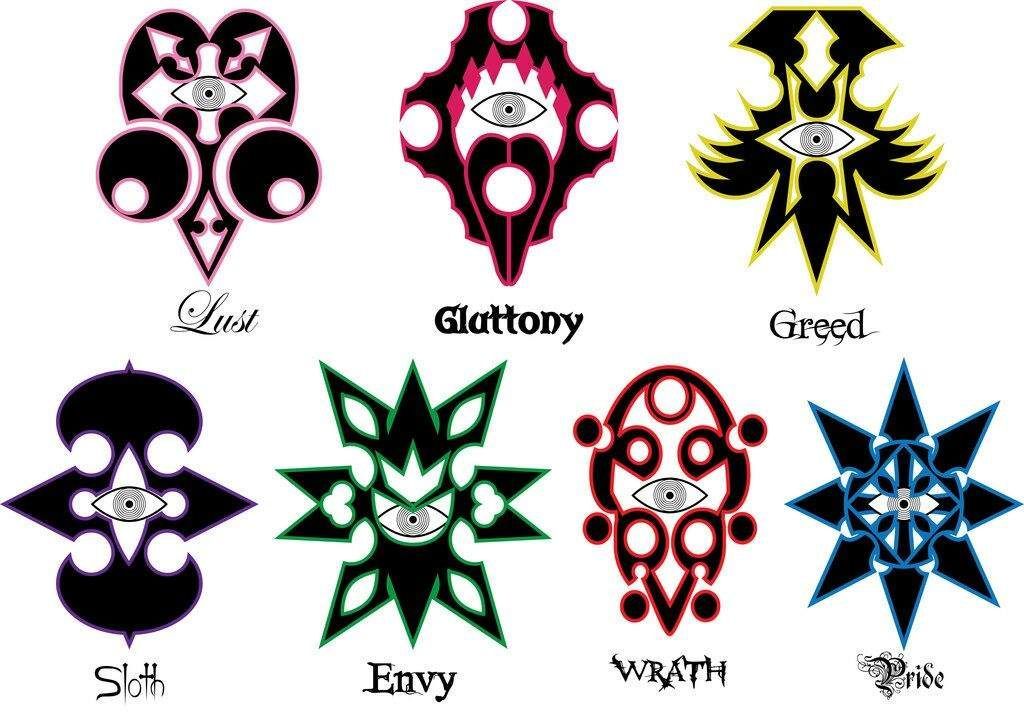


We all know that we should have a solid self-defense plan, at least I hope we do, but what about the people we surround ourselves with? Are they part of our safety net or could they put us in danger? It's important to be choosy with your social circle and make sure you have friends who will have your back in a dangerous situation or wont make your situation worse. When we dive into the numbers of criminal violence it is shown that over 70% of victims knew their attacker before the event. But the research also shows that one of the best ways to deter criminal violence is to have strong stable connections to good people. So who you let into your personal circle is very important, for both prevention of and healing from self defense events.
A social circle is a collection of two or more people who interact with each other on a regular basis and share similar interests. The importance of social groups cannot be understated, as they provide individuals with a sense of safety and belonging. In a world that is often filled with violence and conflict, social groups offer a much-needed reprieve. They provide a space for protection and healing, and can act as a force for good in the world. In short, social groups matter because they offer individuals a chance to find safety, compassion, and companionship in a sometimes hostile world. We have to remember that at our core we are social creatures. No one was meant to go through this world alone.
From online communities to in-person meetups, there are plenty of ways to create a social group for yourself. But how can you make sure that your group is safe? One way to do this is to focus on proactive self defense, like boundary setting, and learning how to create healthy relationships. Learning how to set limits and teach people how to treat you will help prevent bullies, users, and predators from entering your space. Of course, it's also important to trust your gut instinct if something feels off. By being proactive and taking steps to ensure safety, you can create a social group that is both enjoyable and safe.
It's important to remember a few things when interacting with others in your social group. First and foremost, you should always strive to create a safe community for everyone. Lead by example. Additionally, it's important to be considerate of others' feelings and personal space. Finally, remember that we all have different comfort levels when it comes to social interaction, so try to be aware of your own level as well as others' before engaging in any kind of interaction. By following these guidelines, you can help create a safe and enjoyable social environment for everyone involved.
There are a few things you can do to protect your social group from harmful individuals or influences. First, it is important to be aware of the warning signs of violence. If someone in your group appears to be agitated or making threats, it is important to take action immediately. You should also have a plan in place for dealing with violent situations. This may include having a designated safe space, or agreeing on a code word that everyone knows so that they can quickly leave the area if necessary. Finally, it is important to be open and honest with your group members about any concerns you have. By working together, you can create a safe and supportive environment for everyone.
If someone in your social group is being harmed by another individual or entity, it is important to take action to prevent the violence from continuing. There are a number of things you can do to help stop the violence and support the victim. First, you can talk to the victim and let them know that you are there for them. This can provide them with much-needed support and let them know that they are not alone. Second, If the victim allows, (always ask first and listen to their wishes as you may not know the whole story, unless they are in immediate danger) you can reach out to local resources such as the police or a domestic violence hotline. These organizations can provide additional support and help keep the victim safe. Finally, you can, with permission inform your group of what is happening. A lot of predators hide behind charm and social standing. This may be a difficult conversation, but it is important that everyone knows that offenders actions are harmful and unacceptable. By taking these steps, you can help prevent violence in your social group and make your community a safer place for everyone.
Your personal circle is incredibly important, so be choosy about who you let into it. Not only will this help prevent self-defense events from happening in the first place, but if something does happen, having a strong support system can make all the difference in healing and moving on. Knowing that we are not alone is one of the most comforting things in life, so don’t be afraid to reach out and build those relationships. Who have you reached out to lately for support?
Want to start building healthier relationships?
GET STARTED TODAY
SAVE 75% OFF OUR BOUNDARY SETTING PROGRAM! CLICK BELOW
https://kpcselfdefense.teachable.com/p/realities-of-boundary-setting?coupon_code=FLASHSALE
Randy


ALL RIGHTS RESERVED | RANDY KING LIVE